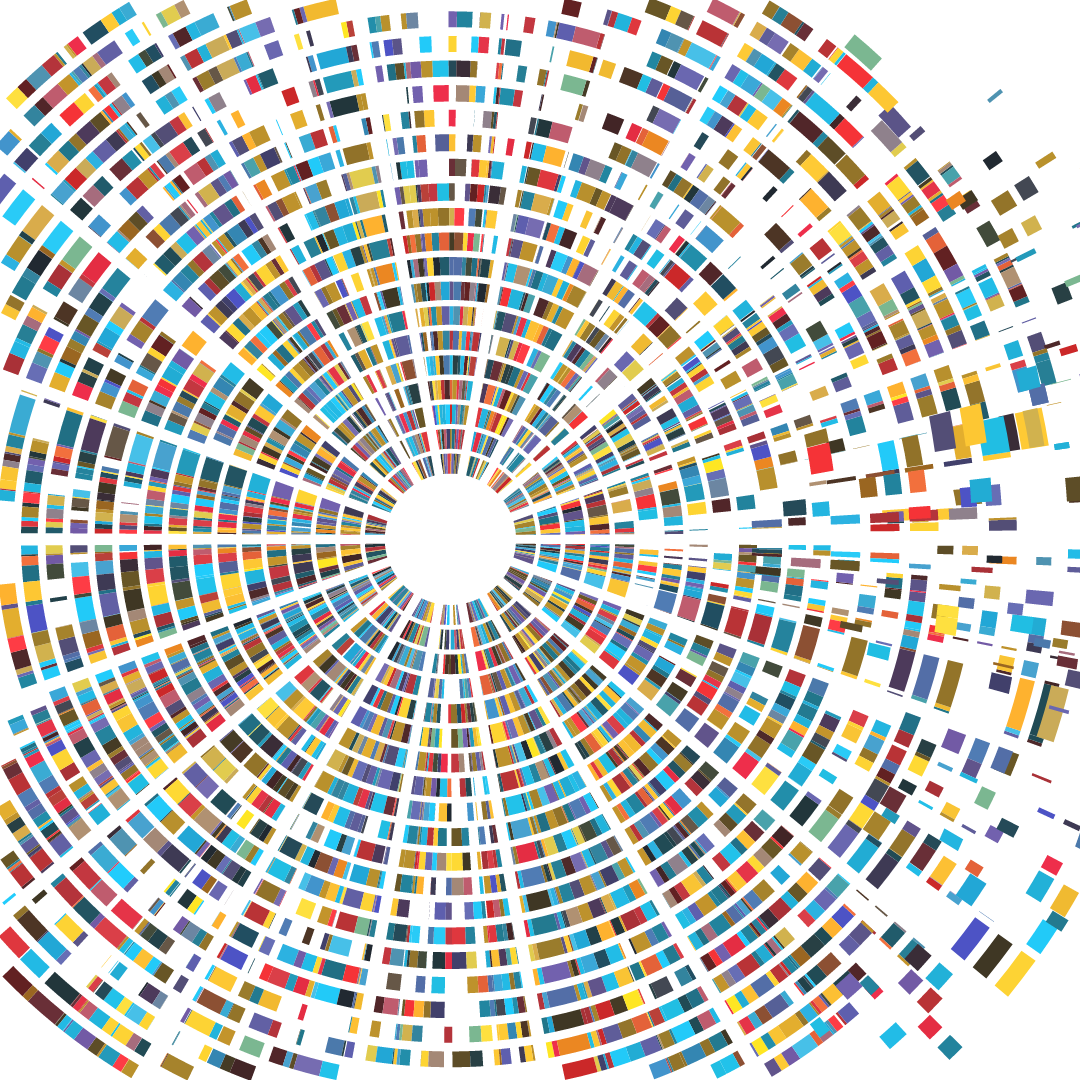Biden Is About to Hand Over a Vast and Unconstitutional DNA Database to Trump
By Emily Tucker,
Truthout
| 01. 07. 2025
Every person’s privacy, security and civil rights are implicated by this program.
As Donald Trump’s return to the White House looms, dismantling the most dangerous weapons in the arsenal of executive power should be the Biden administration’s highest priority for its last days. The most obvious of these relate to the president’s war-making powers, particularly authority over nuclear deployment. But there is another apparatus of coercion that will be at Trump’s fingertips, one which has been neglected in the conversation about what a fully realized authoritarian regime might look like in the United States: the vast national digital surveillance infrastructure and, most crucially, its broad and continually expanding genetic surveillance capabilities.
Last May, my organization, the Center on Privacy & Technology at Georgetown Law, published Raiding the Genome, a new report exposing the massive DNA collection program being run by the Department of Homeland Security (DHS). We found that over the last four years, Immigration and Customs Enforcement (ICE) and Customs and Border Patrol (CBP) took DNA from over 1.5 million people. This is nearly 50 times the number of samples they collected in all preceding years combined, an increase...
Related Articles
By David Jensen, California Stem Cell Report | 02.10.2026
Touchy issues involving accusations that California’s $12 billion gene and stem cell research agency is pushing aside “good science” in favor of new priorities and preferences will be aired again in late March at a public meeting in Sacramento.
The...
By Lauren Hammer Breslow and Vanessa Smith, Bill of Health | 01.28.2026
On Jan. 24, 2026, the New York Times reported that DNA sequences contributed by children and families to support a federal effort to understand adolescent brain development were later co-opted by other researchers and used to publish “race science”...
By Arthur Lazarus, MedPage Today | 01.23.2026
A growing body of contemporary research and reporting exposes how old ideas can find new life when repurposed within modern systems of medicine, technology, and public policy. Over the last decade, several trends have converged:
- The rise of polygenic scoring...
By Stephanie Pappas, LiveScience | 01.15.2026
Genetic variants believed to cause blindness in nearly everyone who carries them actually lead to vision loss less than 30% of the time, new research finds.
The study challenges the concept of Mendelian diseases, or diseases and disorders attributed to...




